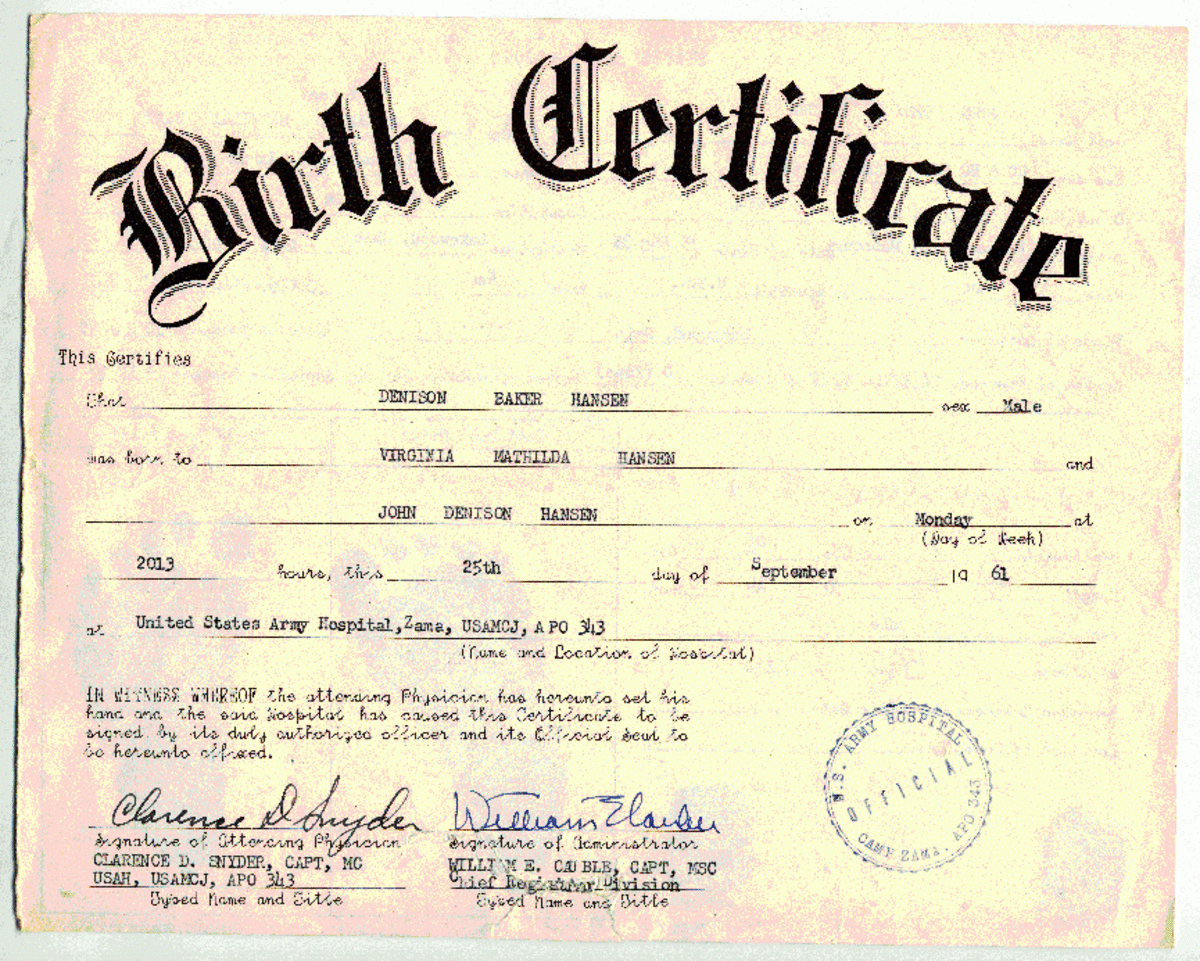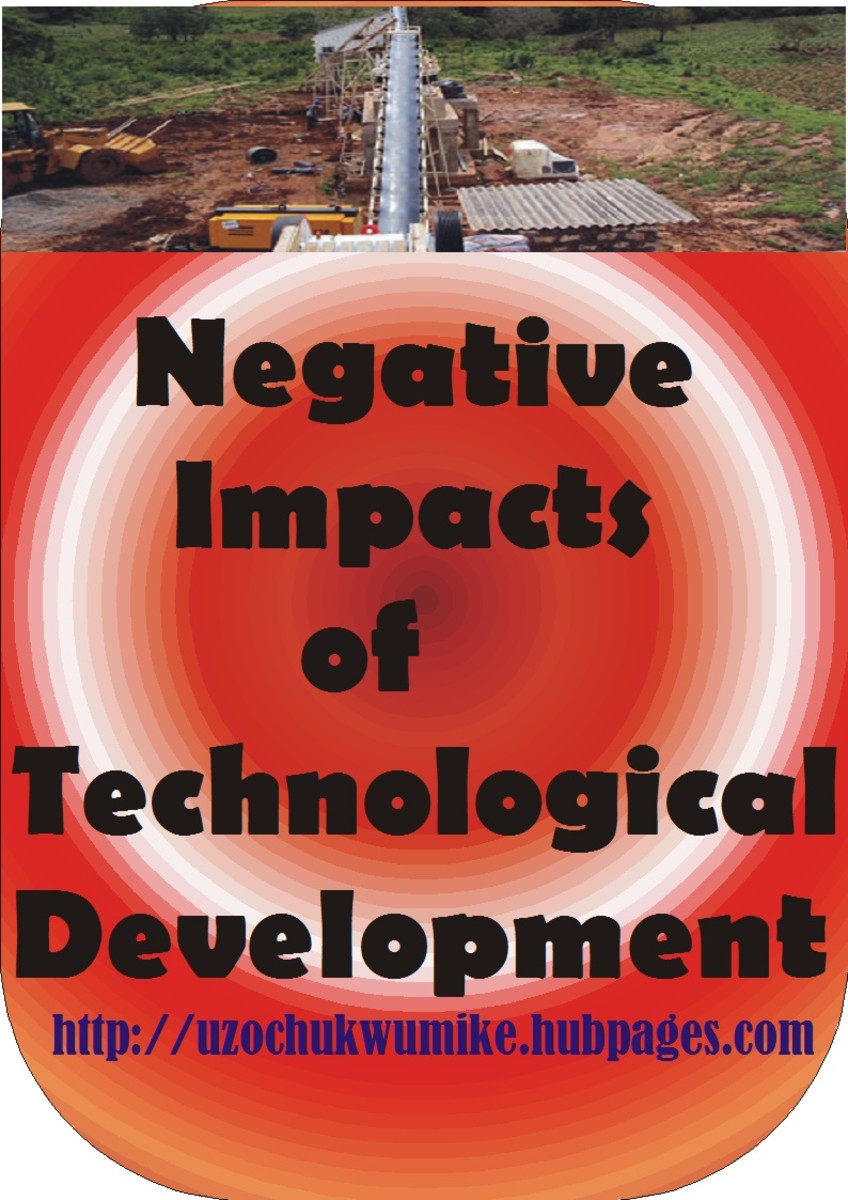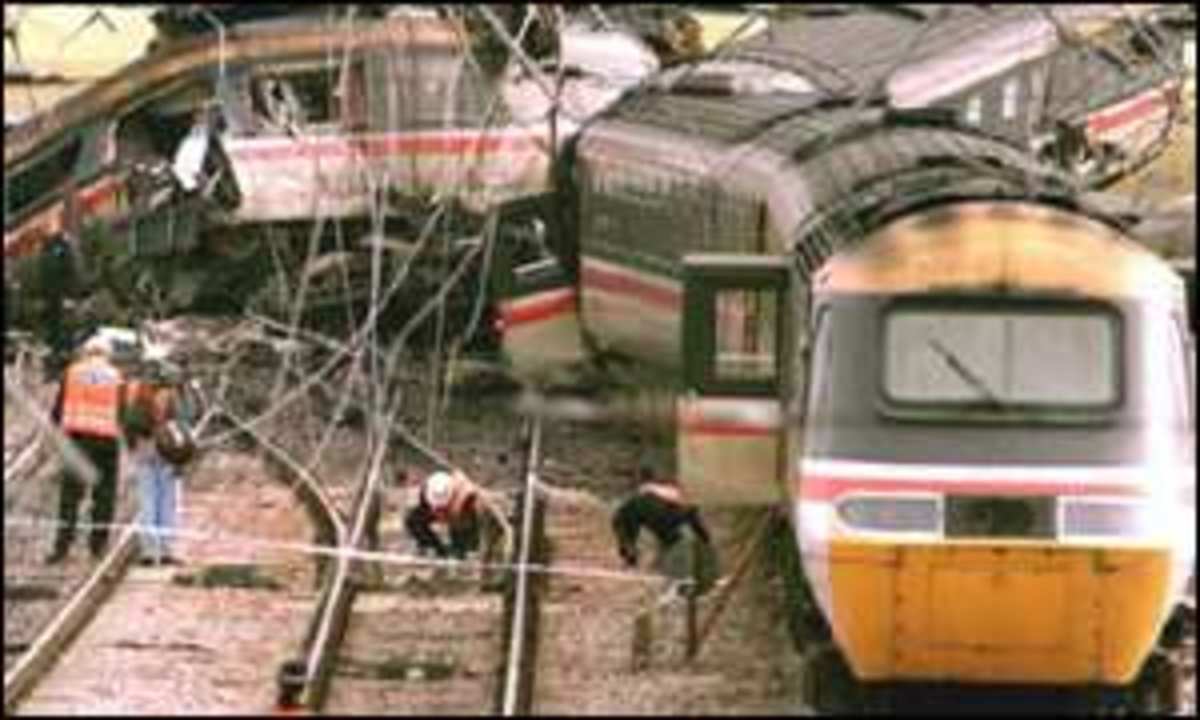Review of the Federal Government of Nigeria Policy Thrust on Railways
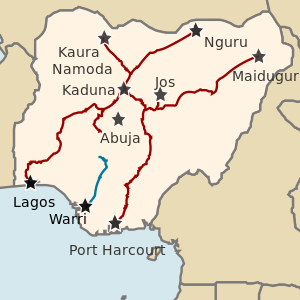
Topic Introduction
Railway transportation is one of the media of transportation on the planet earth. It is true that in most parts of developed countries, railways system are well organised and still in order for people to transport themselves and their goods. In Nigeria, the reverse is the case. The weakness of the railways is one of the major challenges in the country. It is a problem. There is no much railway challenge in United States of America, Europe and some parts of Asia when compared with that of Nigeria. Europeans and Asians currently operate the fastest high speed trains in the world, regularly commuting on trains such as the Shanghai Maglev and Harmony CRH 380A (Top Ten Fastest Trains in the World by Railway Technology News, 29 August 2013).
Policy is simply defined as a contract of insurance (Oxford Advanced Learner’s Dictionary, fifth edition). Discussed in this piece of write-up are the review of Federal Government of Nigeria policy on railway sector and the effects of its implementation on technological advancement. Since the independence of Nigeria, the federal government of the country have been making a lot of policies to see that the railway is in good state, but the question is: are these policies implemented or free from corruption in the country?
There are many negative effects of the poor railways system in Nigeria technological development. In Nigeria today, this is one of the challenges that many entrepreneurs are having in their business pursuits. Many who have business ideas dropped on their ways because there is no proper railways to convey their good to their individual destinations. As if that is not enough, many who wanted to travel on a long journey with their luggage at low cost have spent massively on road transportation because the railways in Nigeria are “dead”.
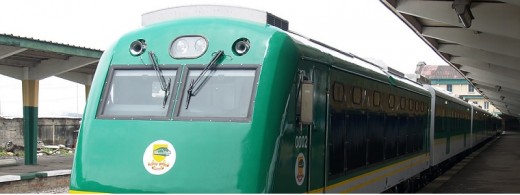
Review of Nigeria Railway Sector
The Nigerian Railway Corporation traces its history to the year 1898, when the first railroad in Nigeria was constructed by the British colonial government (Nigerian Railway Corporation). Nigeria Railway Corporation was established by an Act of Parliament in 1955 for the main purpose of carriage of passengers and freight in a cost-effective manner (Joshua Adetunji: 1999).
In 1978, Federal Government of Nigeria made a policy on the railway system in Nigeria. The contract was made with Rail India Technical and Economic Services (RITES) and lasted from 1978 to 1982 (Joshua Adetunji: 1999). The objectives of the contract with RITES were to rehabilitate the country’s railway sector and recover the obsolete rolling stock of the rails.
After few years of leaving of Rail Indian Technical and Economic Services (RITES), the Nigeria railway system began to depreciate. This resulted to another work on the railways of the country. The 1989 to 1992 “Ogbemudia Revolution” turned around the local railways transport (Joshua Adetunji: 1999) in Nigeria to good. The rebuilding in the railway sector during the leadership of Dr. Samuel Ogbemudia really added a lot to the growth of the national economy. It increased the financial resources of Nigeria Railway Corporation.
Another policy was made by the Federal Government of Nigeria after that which lasted from 1989 to 1992. The policy was made with China Civil Engineering Corporation (CCECC). The contract was signed with 6 million USD ($6 million) (CCECC website). Indeed the contract achieved a lot in the development of the railways in Nigeria. The Chinese experts were expected to rehabilitate the existing rail network, supply 50 locomotives, 150 coaches, 400 Wagons, and 20 rail buses and provide technical training for the NRC staff.
On 22 March 2006, another China company was given a contract to construct railway which will run from Lagos to the Abuja and light rail lines to the Murtala Mohammed International Airport from Lagos city and to Nnamdi Azikiwe International Airport from the Abuja city centre. The name of the company is Guangdong Xinguang International Group. An estimate of about $US2billion was budgeted at the start of the contract (Nigeria Minister of Commerce).
On 8 June 2006 development of Inland Container Depots (ICD) was proposed for a number of sites (Chinadaily: 2012). This company was awarded the contract in this year to see if there will be positive change in the railway sector.
On 30th October 2006, President Olusegun Obasanjo signed a contract with China Civil Engineering Construction Corporation (Nigerians Take to the Tracks, as Railway Chugs Back to Life, This Day Live, 01-01-2012). This contract was signed for to make the “dead” railway sector of Nigeria to come back to life. But due to the fact that lack of policy implementation and dispute are among of the challenges in Nigeria, the contract was not well supervised and was stopped in 2008. The contract was mapped into five departments which include: Lagos-Ibadan (181 km), Ibadan-Ilorin (200 km), Ilorin-Minna (270 km), Minna–Abuja–Kaduna (360 km), and Kaduna-Kano (305 km).
A supplementary agreement was signed in September 2012 and may now restart (CCECC Nigeria).
On the 21st of December 2012, the Nigerian government inaugurated the Nigeria Railway Corporation’s, Lagos - Kano intercity passenger train services and haulage of petroleum products. At that time, the director of Nigeria Railway Corporation was Mr Adeseyi Sijuwade.
As the government of Nigeria continued to make effort to ensure good state of the railways in Federal Republic of Nigeria, in the same 2012, Nigeria signed a new policy with China Company to see that things are put in order. The news on this contract appeared in Vanguard Newspaper on 29th August, 2012. The heading of the news was: FG, CCECC Sign U.S $1.5 billion Lagos/Ibadan Rail Project. According to the report from the popular news publishing company in the country, it quotes: “Federal Government, yesterday, signed a Memorandum of Understanding of $1.5 billion Lagos-Ibadan Rail Project with Messrs CCECC Nigeria Limited” (Vanguard News, August 2012).
On May 6, 2014, Nigeria Government signed a railway contract with China Railway Construction Corporation (Fei: 2014). The contract was signed with the sum of $13.1 billion. The signing is during the leadership of President Goodluck Jonathan. According to the president of the construction company on 5th May, 2014, he stated: “the China Civil Engineering Group Co. Ltd., signed the framework contract with Nigeria’s Federal Ministry of Transport for a coastal railway line with a length of 1, 385 km in one-way mileage and design speed of 120 Km/hr.

The Effects of the Policy and Policy Implementations (Railway) on Nigeria’s Technological Development
The policies made by the Federal Government of Nigeria from 1960 till date on railways affect the Nigeria technological development in general. Lack of implementations on the policies affects the technological development of the country negatively, while those which were implemented accordingly have contributed to the technological advancement of the country in one way or the other. Hence the effects of the policies and their implementations on the technological development are explained in the subsequent paragraphs.
The implementation of the Nigerian railway sector has encouraged the spirit of entrepreneurship among the Nigerian businessmen and women? How does this brought about technological development in the country? When manufacturers produce technological products and do not sell, it will discourage them from producing more, and hence hinders technological advancement. Due to the current implementation on the railway policy made during the leadership of President Goodluck Jonathan, entrepreneurs transport the technological products from one part of the country to another at less cost. This minimizes the expenses they would have made when transporting they goods through the road.
Signing of contracts with construction companies on the reconstruction and organizing of many railways in Nigeria has lead to training of Nigerians in technological skills that will encourage technological growth in the country.
The government of Nigeria understands the importance of youth empowerment and many Nigeria youths that work with Nigeria Railway Corporation have been empowered on how to construct railways. Part of the objectives of the contract with CCECC which lasted from 1989 to 1992 was to train NRC staff, and those who acquired this skill have in one way or the others practiced it to help the country’s technological growth.
Implementation of the railway policy in Nigeria will go a long way in attracting foreign investors in Nigeria. As transportation through trains is well modernized, investors will like to invest in the country because of a better means of transportation that saves cost of transportation. Production of trains which transport goods faster will be an added advantage. In transportation by road in Nigeria, there is always traffic jinx in many parts of the country like Lagos and Kaduna, but these traffics will be minimized with the help of railways. This will make producer to easily distribute their products to different parts of the country at ease.
Implementation of the railway sector will be added advantages to the Nigerian government as Nigeria Railway Corporation (NRC) will make profit through the business. How does the profit making relate to technological development in the country? When the profits are made through the system, the government of the country can train the citizens of the country on technological skills which can ‘accelerate’ the technological status of the country. The sponsor can be on how to couple cars or in-depth knowledge on Information Communication Technology. The money generated from functioning railways in the country can go a long way in training lots of Nigerian youths which in return can reduce unemployment in the country.
Conclusion
Updating and implementing railway sector of Federal Republic of Nigeria will contribute positively to the growth of technological development in the country. Discussed in this write-up are the review of Federal Government of Nigeria Policy on railways from 1960 till date, and the effects of the policy implementation on Nigeria’s technological advancement. Justice is done to this piece as some important points are made and backed-up with references from reliable sources. WWReferences
- Nigerian Railway Jubilee, 1901-1951: An Illustrated and Descriptive History of the Nigerian Railway (Lagos Railway, Wushishi Tramway, Baro Kano Railway)
- Nigerians Take to the Tracks, as Railway Chugs Back to Life, This Day Live, 01-01-2012
- Nigeria Minister of Commerce Report on Railway construction by Guangdong Xinguang International Group
- News Report: China, Nigeria Sign $13.1 Bln Rail Deal by Fei on 6th May, 2014
- Al Mabogunje, “Preparing African Cities for the Bond Market, Urban Age, p2023 (1999)
- World Bank, “The Abijan-Ouagadougou Railway Concession”, Findings, No. 140
- FG, CCECC Sign U.S $1.5 billion Lagos/Ibadan Rail Project by Vanguard News Report
This content is accurate and true to the best of the author’s knowledge and is not meant to substitute for formal and individualized advice from a qualified professional.
© 2014 Uzochukwu Mike


